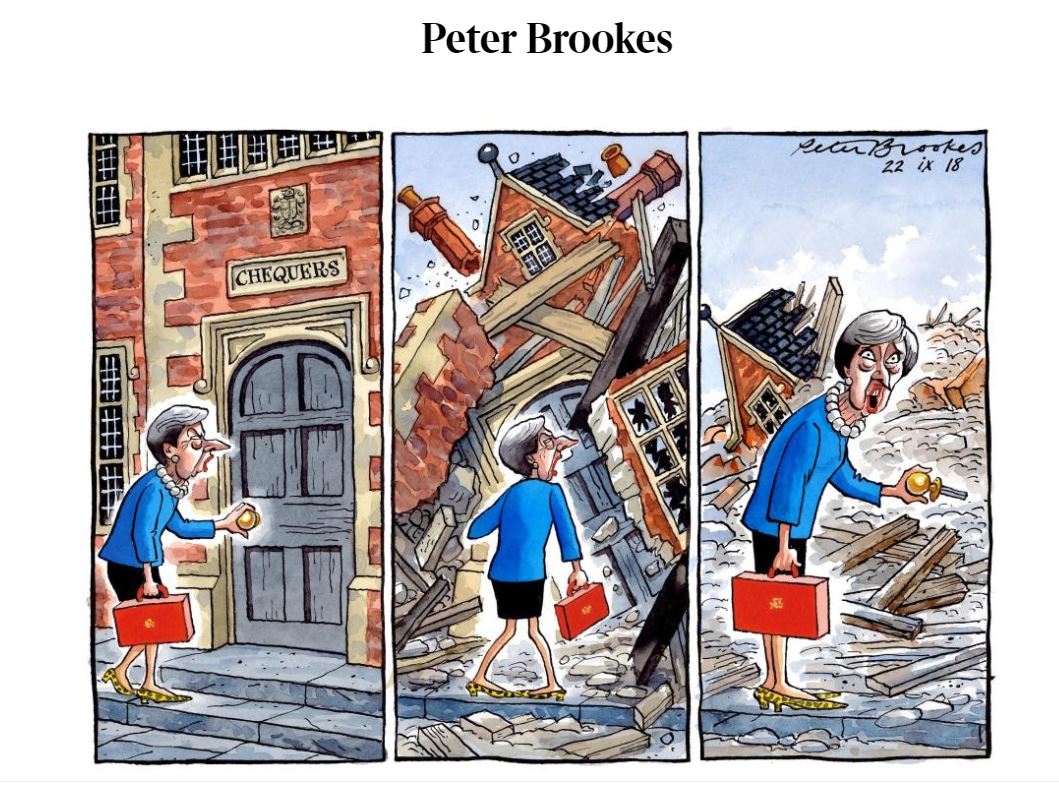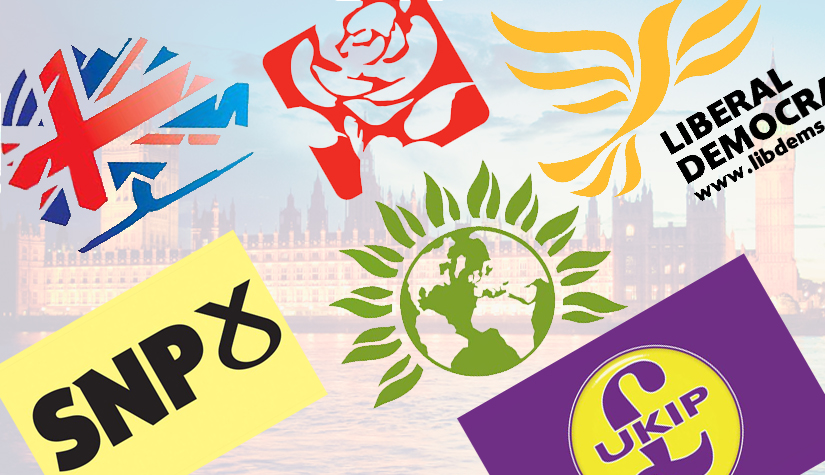
The Peterborough By-Election on Thursday was arguably the perfect territory for the Brexit Party to cause a big political upset.
Surely a seat where the sitting Labour MP was removed by petition after a Criminal conviction and one that voted 60% Leave in 2016 was the big opportunity for the Brexit Party to maintain the momentum they had built up in the Euro Elections a fortnight earlier.
Well perhaps or maybe the result is a reflection of poor expectation management by the Farage’s team – to go from zero to 29% and come a close second is a substantial achievement but it may also be seen as a benchmark of how different his new party is from UKIP in organisational terms.
As I pointed out in my blog (February 2019 about ChangeUK ) the electoral system – first past the post- is unforgiving to new parties. Parties need members and infrastructure ( officers, data, money and election agents for example) and this can take years to build up. There is a high correlation between a strong local government base and winning a Westminster seat.
As Stephen Bush suggests ‘a familiar failing from Nigel Farage’s Ukip days is (sic) they can win proportional contests and (sic) leverage every appearance on television for everything it is worth, but at a constituency level, they simply don’t have the granular knowledge of where their vote is to find it. The Farage roadshow leaves Peterborough with a collection of glowing press clippings and a silver medal, just like he left the by-elections in Eastleigh, and Newark, and Heywood and Middleton. Farage has yet to win a seat without the benefit of defection, and both of those cases, Douglas Carswell and Mark Reckless took a substantial chunk of their local Conservative party with them, which significantly helped to boost the ground campaign of his party.’
So arguably ‘the Jury is out’ on whether the Brexit Party will make the breakthrough it needs. As John Curtice points out ‘Peterborough does not demonstrate that “normal politics” is once again in sight. Rather, it confirms the message of the post-Euro election polls that Britain now has – for the first time ever – as many as four parties jostling for electoral advantage, all with seemingly little more than between a fifth and a quarter of the vote, and none, apparently, with a realistic chance of winning an overall majority,’
A few more by-elections or even an ( increasingly likely) General Election will tell us a lot more.
Richard Dawson




